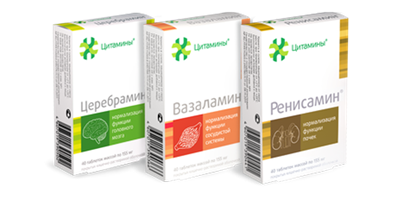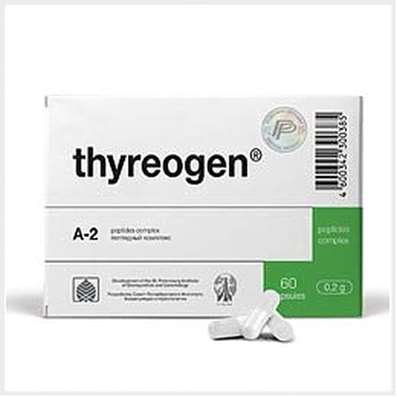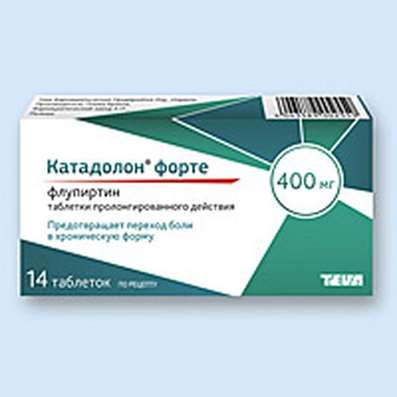Instruction for use: Etamsylate
I want this, give me price
Dosage form: Solution for intravenous and intramuscular administration; Injection for injection; Substance; Substance-powder; tablets
Active substance: Etamsylatum
ATX
B02BX01 Etamsylate
Pharmacological groups:
Coagulants (including factors of blood coagulation), hemostatics
Angioprotectors and microcirculation correctors
The nosological classification (ICD-10)
D65-D69 Blood clotting disorders, purpura and other hemorrhagic conditions: Hyperfibrinolysis; Hypocoagulation; Increased vascular permeability; Hemorrhagic syndrome
I78.8 Other capillary diseases: Capillary bleeding; Capillary bleeding in dentistry; Capillary bleeding from superficial wounds; Capillary bleeding in general surgery; Bleeding capillary; Increased brittleness of blood vessels; Teleangiectasia
K92.2 Gastrointestinal bleeding, unspecified: Gastrointestinal and intestinal bleeding; Acute bleeding from the upper gastrointestinal tract; Gastric bleeding; Gastrointestinal bleeding; Intraoperative abdominal bleeding; Intestinal bleeding; Bleeding in the upper part of the digestive tract; Bleeding gastrointestinal; Bleeding from the upper gastrointestinal tract; Bleeding from the digestive tract; Bleeding intraoperative abdominal; Recurrent bleeding in the digestive tract; Diagnosis of bleeding from the small intestine; Ulcer bleeding; Mallory-Weiss syndrome; Recurrent bleeding from peptic ulcers; Bleeding gastric
N92 Abundant, frequent and irregular menstruation: Metromenorragia; Menorrhagia; Menorrhagia primary; Idiopathic menorrhagia; Menorrhagia; Functional metronormorragia; Primary menorrhagia
N93 Other abnormal bleeding from the uterus and vagina: Atonic uterine bleeding; Prolonged menstruation; Blood loss during menstruation; Bleeding from the genitourinary system; Bleeding uterine dysfunctional; Bleeding from the genital tract of organic etiology; Uterine bleeding; Menorrhagia with fibroids; Functional uterine bleeding; Abnormal bleeding from the genitals in women
R04.8.0 * Bleeding pulmonary: Pulmonary bleeding
R58 Bleeding, not elsewhere classified: Abdominal apoplexy; Hemorrhagia; Haemorrhage of the esophagus; Hemorrhage; Generalized bleeding; Diffuse bleeding; Diffuse bleeding; Prolonged bleeding; Blood loss; Blood loss during surgical interventions; Bleeding during surgery and in the postoperative period; Bleeding during labor; Bleeding and haemorrhage in hemophilia B; Bleeding from the gums; Bleeding intraoperative abdominal; Bleeding against a background of coumarin anticoagulants; Hepatic hepatitis; Bleeding in hemophilia A; Bleeding at hemophilia A; Bleeding with inhibitory forms of hemophilia A and B; Bleeding due to leukemia; Bleeding in patients with leukemia; Bleeding; Bleeding due to portal hypertension; Bleeding due to hyperfibrinolysis; Drug bleeding; Local bleeding; Local bleeding due to activation of fibrinolysis; Massive blood loss; Acute blood loss; Parenchymal hemorrhage; Hepatic bleeding; Postoperative hemorrhage; Kidney bleeding; Vascular-platelet hemostasis; Traumatic bleeding; Threatening bleeding; Chronic blood loss
T81.0 Bleeding and hematoma complicating the procedure, not elsewhere classified: Bleeding in the postoperative period; Bleeding during transfusion; Bleeding during operations on the brain; Bleeding during surgical interventions; Bleeding after colorectal interventions; Bleeding after prostatectomy; Bleeding during surgery and in the postoperative period; Bleeding due to surgery on the prostate and urinary tract
Composition and release form
1 ampoule with 2 ml of the injection solution contains ethamylate 0.25 g; In the package 10 pcs.
Pharmachologic effect
Mode action - Angioprotective, hemostatic.
Increases the formation of mucopolysaccharide capillaries in the walls. Activates the formation of thromboplastin, stimulates the formation of III factor of blood clotting.
Clinical Pharmacology
Normalizes the permeability of capillaries in pathological processes, improves microcirculation, increases the adhesion of platelets, has a hemostatic effect. With IV administration, the hemostatic effect develops after 5-15 minutes, the maximum effect after 1-2 hours, the effect lasts 4-6 hours or more. With the / m introduction, the effect comes somewhat slower.
Indications of preparation Etamsylate
Bleeding (intestinal, uterine and in surgical interventions) in otorhinolaryngological, ophthalmological, dental, urological, surgical and gynecological practices; Capillary bleeding, trauma, hemorrhagic diathesis, diabetic angiopathy, polymenorrhea.
Contraindications
Hemorrhages against the background of anticoagulants, thrombosis, thromboembolism (including in the anamnesis).
Application in pregnancy and breastfeeding
Use with caution in the first trimester of pregnancy.
Side effects
Headache, dizziness, hyperemia of the face, lowering of the blood pressure, paresthesia of the lower extremities.
Dosing and Administration
IV, IM 1 hour before surgery, for prophylaxis - 0.25-0.5 g (2-4 ml of 12.5% solution). If there is a danger of postoperative hemorrhage, 0.5-0.75 g (4-6 ml) per day. If necessary, 0.25-0.5 g (2-4 ml) is administered during the intravenous operation. For medicinal purposes - 0.25-0.5 g (2-4 ml) at a time, and then - 0.25 g every 4-6 hours. It can be injected intravenously, adding to the usual solutions for infusions. With metro- and menorrhagia - 0.25 g every 6 hours for 5-10 days, then 0.25 g 2 times a day during hemorrhage. With hemorrhagic diathesis and diabetic microangiopathy - 0.25-0.5 g 1-2 times a day.
Special instructionsDo not mix in the same syringe with other drugs.
Storage conditions of the drug Etamsylate
In the dark place.
Keep out of the reach of children.
Shelf life of the drug Etamsylate
3 years.
Do not use after the expiry date printed on the package.

 Cart
Cart





